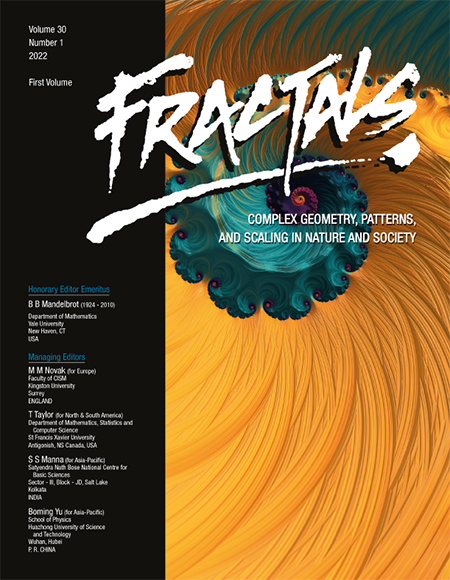SOME FURTHER EXTENSIONS CONSIDERING DISCRETE PROPORTIONAL FRACTIONAL OPERATORS
Abstract
In this paper, some attempts have been devoted to investigating the dynamic features of discrete fractional calculus (DFC). To date, discrete fractional systems with complex dynamics have attracted the most consideration. By considering discrete ℏ-proportional fractional operator with nonlocal kernel, this study contributes to the major consequences of the certain novel versions of reverse Minkowski and related Hölder-type inequalities via discrete ℏ-proportional fractional sums, as presented. The proposed system has an intriguing feature not investigated in the literature so far, it is characterized by the nabla ℏ fractional sums. Novel special cases are reported with the intention of assessing the dynamics of the system, as well as to highlighting the several existing outcomes. In terms of applications, we can employ the derived consequences to investigate the existence and uniqueness of fractional difference equations underlying worth problems. Finally, the projected method is efficient in analyzing the complexity of the system.


